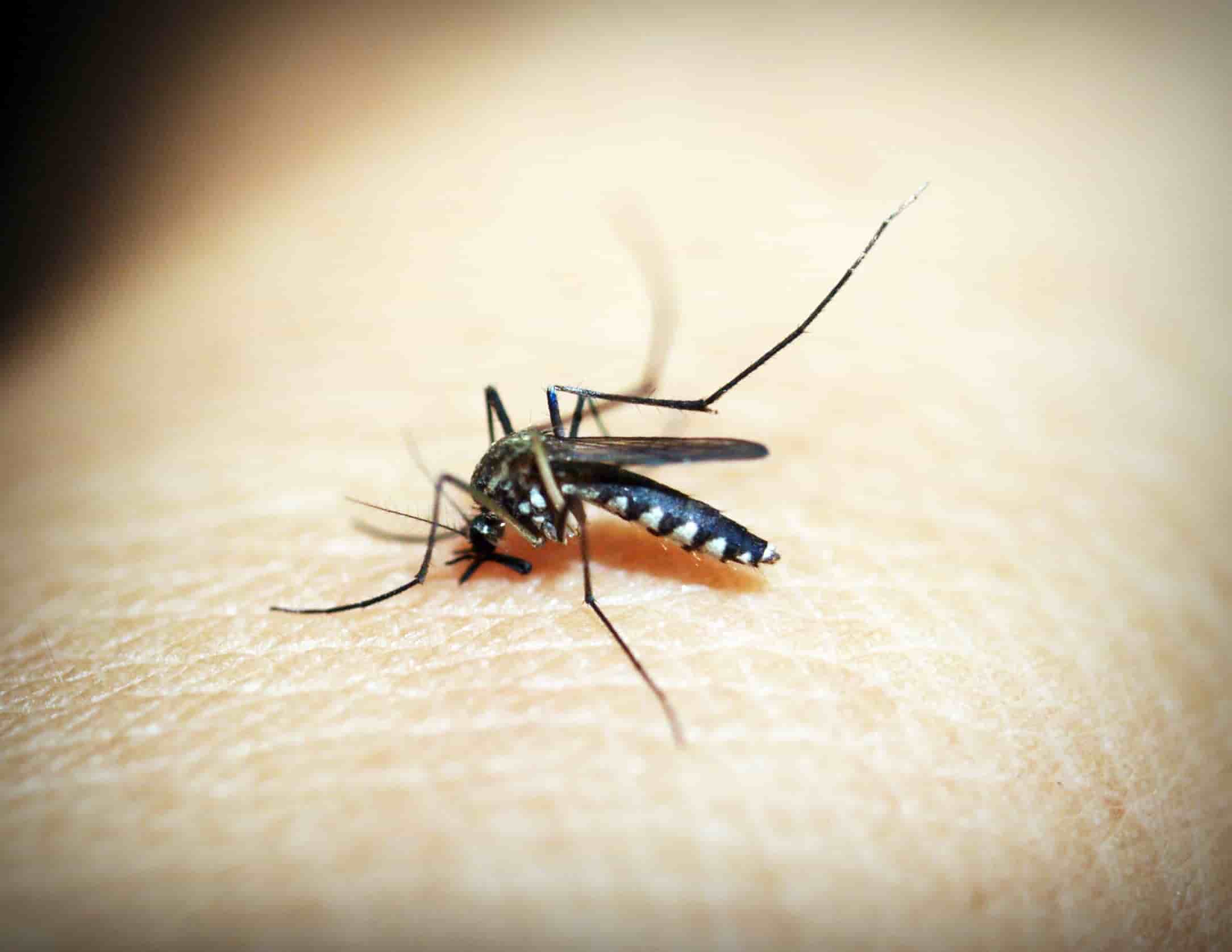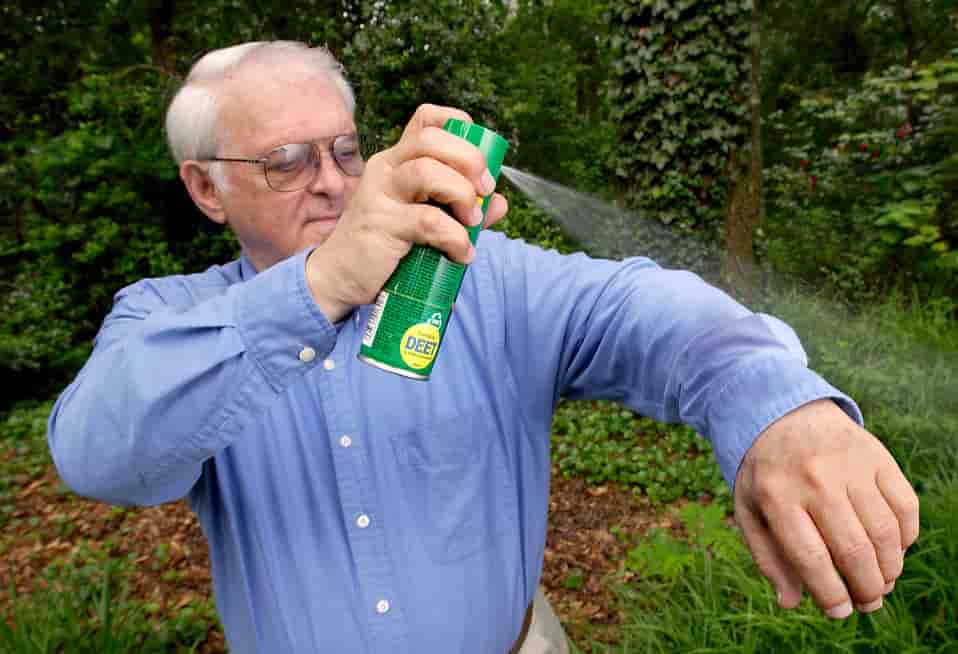When the weather gets warmer, we spend more time outside. Warmer weather means more bugs and more bites! While most bites are harmless, it’s still prudent to avoid them.
Make your yard a mosquito-free zone.
Wouldn’t it be nice if your family didn’t have to worry about mosquitos when they were at home? The NuTone Haven™ Backyard Lighting & Mosquito Repellent Systems provides 110 square feet of protection from mosquitoes and is odorless and silent.
With NuTone Haven, you and your family can enjoy your yard without using insect repellent or covering up your skin. For more information on this system, contact Watermaster Irrigation online or at (806) 797-9044.
Don’t forget insect repellent.
You should wear insect repellent when going on any outdoor adventure or traveling in an unknown area (especially abroad). But what type do you buy? According to the CDC, you should use EPA-registered repellents with 20% DEET (Cutter Backwoods and Off! Deep Woods).
While spraying on repellent is easy for adults, the same is not true for children. Children should never apply repellent themselves, and parents should avoid putting repellent on their hands because children put their hands in their mouths!
Put on sunscreen before repellent.
The Centers for Disease Control and Prevention don’t recommend using sunscreen and repellent products. Instead, apply sunscreen, let it dry, and then apply repellent. The main reason is that sunscreen gets absorbed into your skin, while insect repellent lays on the surface of your skin.
Another reason to avoid sunscreen-repellent combinations is that you should regularly apply sunscreen, but repellent only needs to be reapplied if you get bitten. Sunscreen-repellent combinations tend to expose your skin to excessive amounts of harsh chemicals.
Cover up.
Wear long-sleeved shirts, long pants, socks, and a hat whenever you’re in a wild area (especially in long grasses). Tuck your shirt into your pants, and tuck your pants into your socks for maximum protection.
Some bugs, such as tsetse flies, can bite through the thin fabric, so wear clothes designed explicitly for wearing in wildlife.
Be aware of your surroundings.
Research what types of insects and parasites live in the area when traveling or taking an outdoor trip. Different precautions are necessary for the various critters.
Always be prepared and well-informed when you are away from home. Always have after-bite ointment and bandages in your outdoor adventure kit to cover bites or other wounds.


